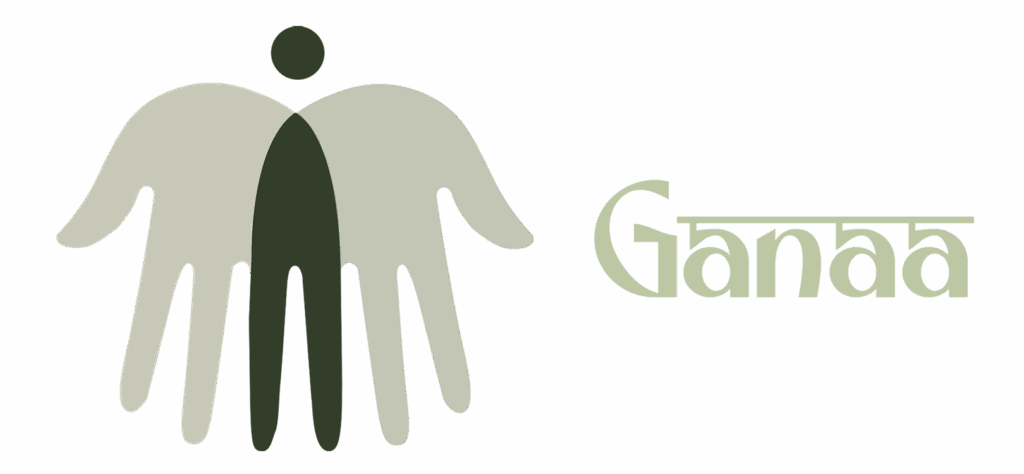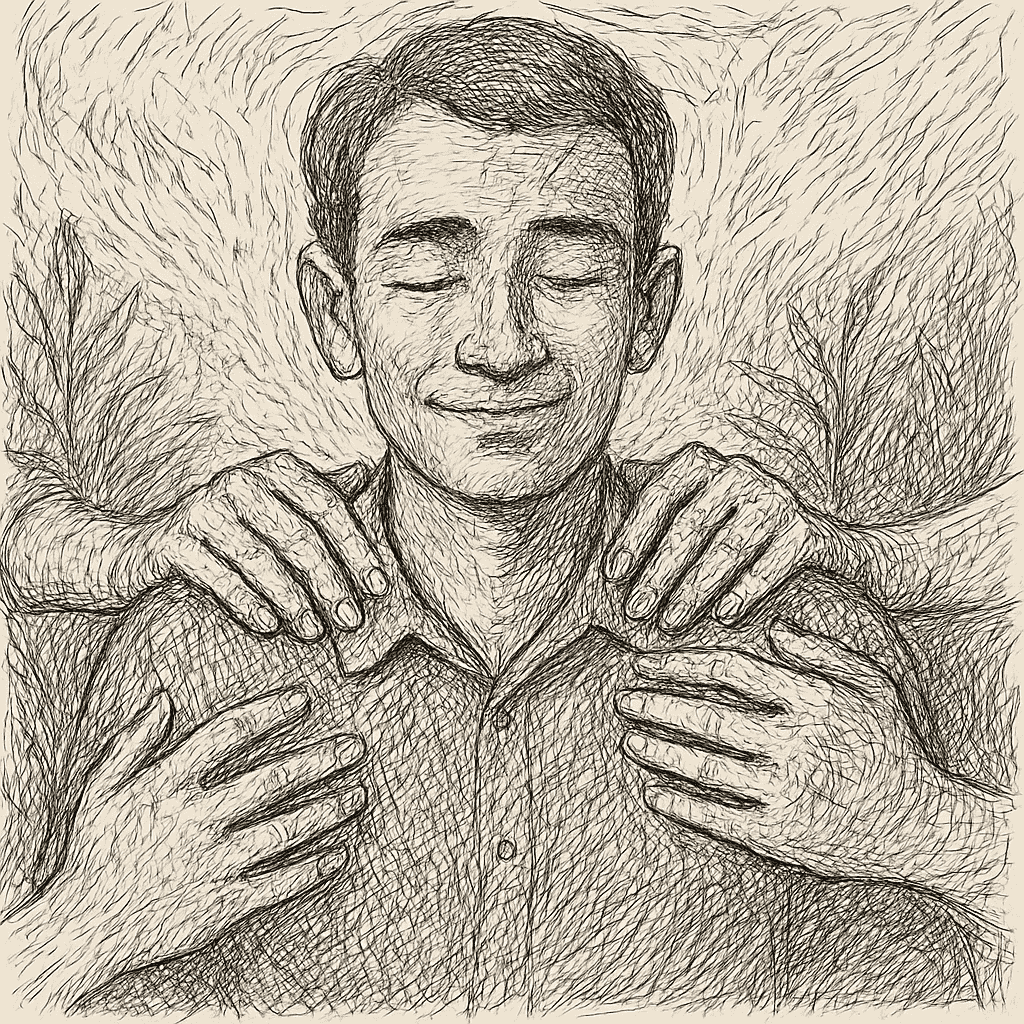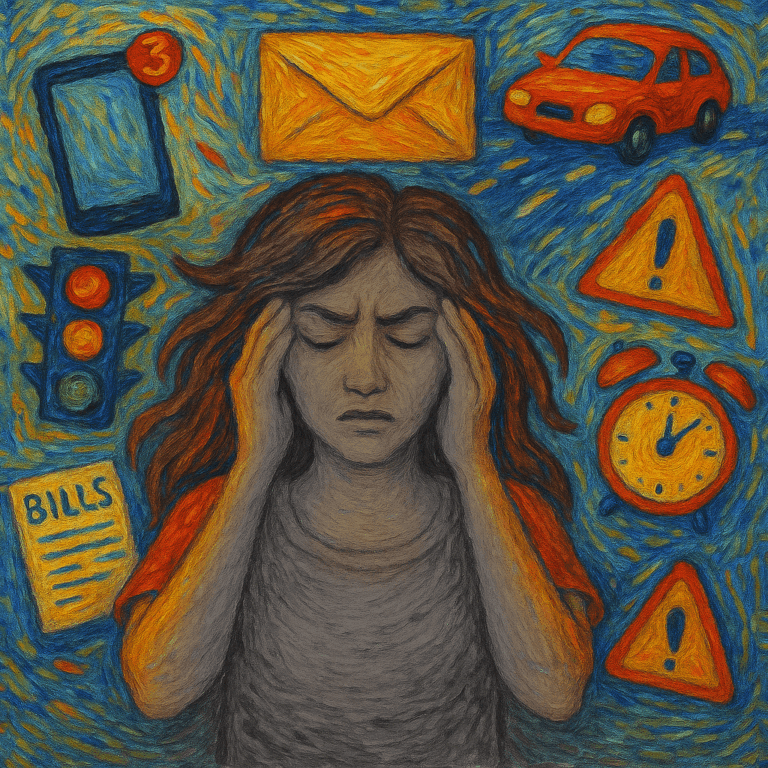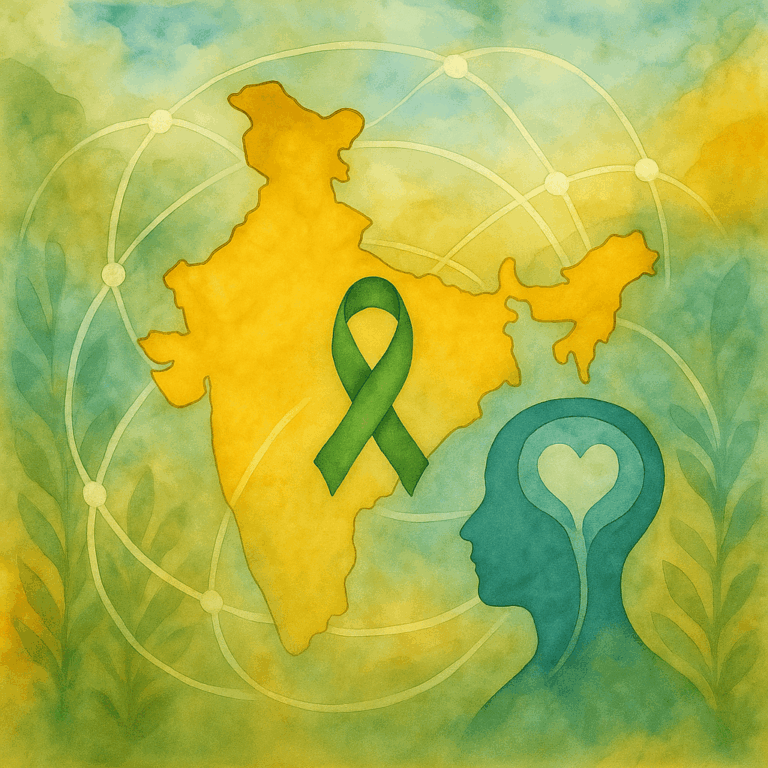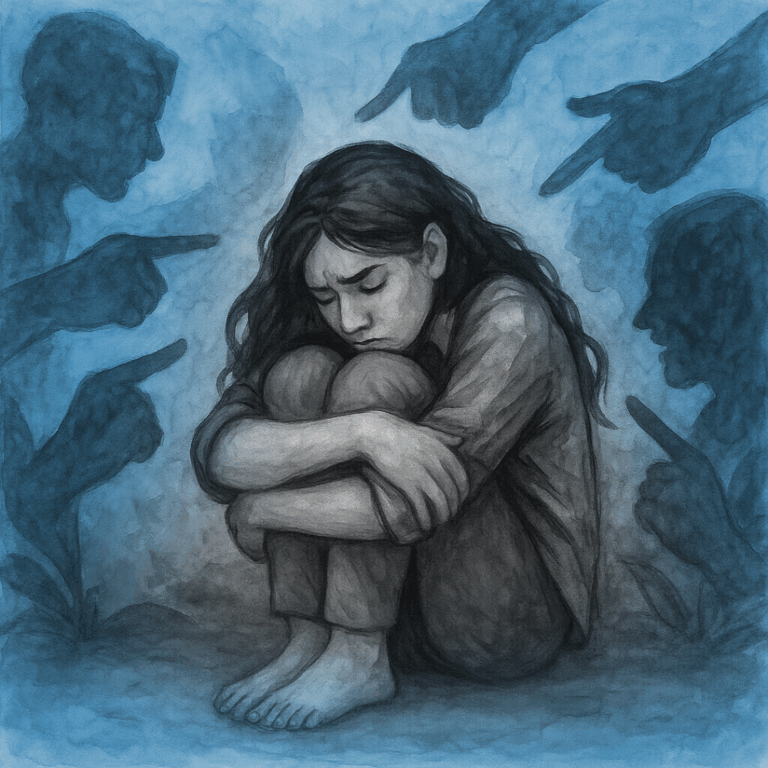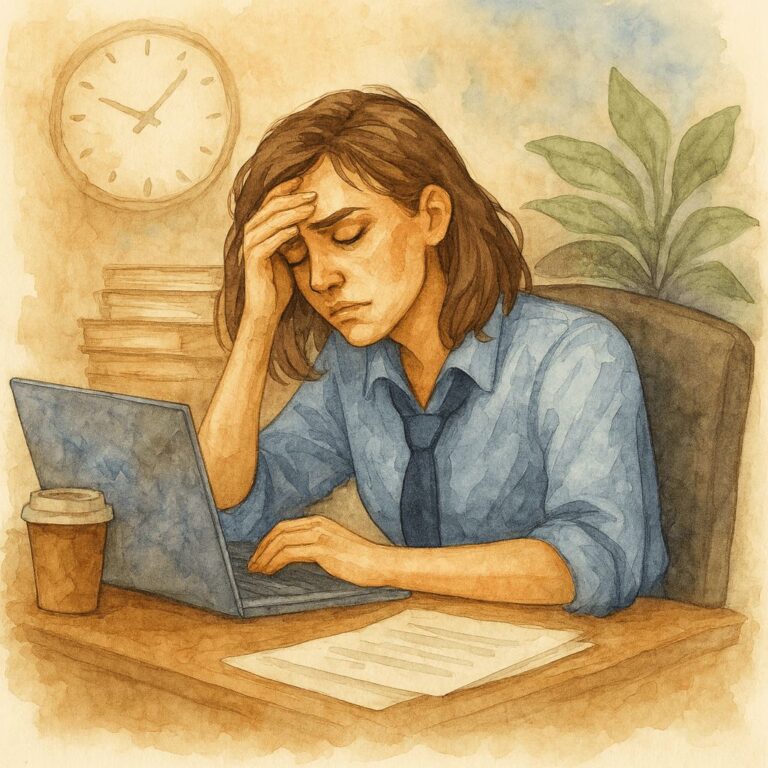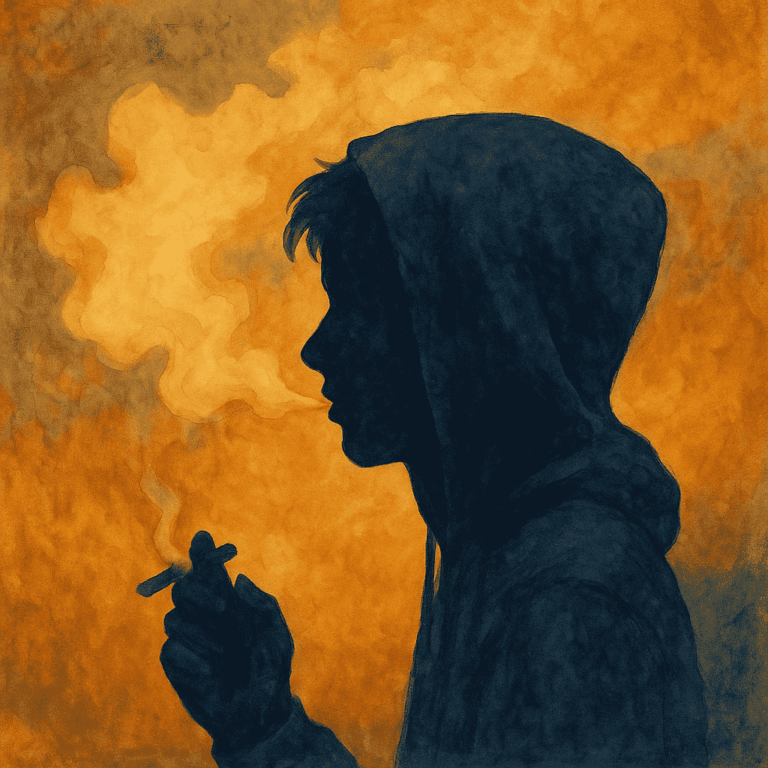Addiction recovery doesn’t end the day someone leaves the rehabilitation center. In many ways, it’s where the real journey begins.
At Ganaa, we’ve seen that lasting recovery depends not only on treatment but also on what happens after. Sustained recovery is an ongoing process that requires proper structure, support, and continued care.
Why Aftercare Matters
Addiction affects not just the mind and body, but also habits, relationships, and ways of coping with life’s challenges. During residential rehabilitation, individuals learn tools for emotional regulation, relapse prevention, and self-awareness. But when they return to everyday life with its triggers, stress, and responsibilities, maintaining those tools can be difficult without proper planning and support.
This is where aftercare programs for addiction recovery become essential. Aftercare bridges the gap between treatment and real life, helping individuals stay connected, accountable, and supported as they rebuild their lives.
The Role of Aftercare in Sustaining Recovery
Aftercare provides the structure needed to stay on track, especially in the months immediately following discharge, when the risk of relapse is highest. Here’s how it helps:
1. Relapse Prevention:
Regular check-ins, therapy sessions, and 12-Step support groups such as Alcoholics Anonymous and Narcotics Anonymous meetings help individuals identify early warning signs and strengthen coping mechanisms before a relapse occurs.
2. Emotional Regulation and Stability:
Continued counseling or mindfulness-based practices keep emotions balanced, reducing anxiety, depression, and impulsivity.
3. Accountability and Connection:
Staying in touch with therapists or peer groups reminds individuals they’re not alone. Recovery is a shared experience, and connection prevents isolation.
4. Reintegration and Routine:
Transitioning back into work, education, or family life can be overwhelming. Aftercare programs provide guidance and structure, helping individuals re-establish healthy daily rhythms.
5. Family Healing:
Recovery affects families too. Aftercare at Ganaa includes family counseling and hosts Al-Anon meetings, helping loved ones rebuild trust and learn supportive, compassionate boundaries.
Ganaa’s Approach to Aftercare
At Ganaa, aftercare is not an optional extra, but rather a vital part of the healing process.
We create a continuum of care that supports each client well beyond their stay at our rehabilitation centers.
Our aftercare programs include:
- Regular follow-up sessions with therapists and psychiatrists.
- Ongoing group therapy and 12-Step support meetings for shared accountability.
- Family counseling and psychoeducation to strengthen support systems at home.
- Access to post-care workshops and relapse-prevention education.
Every individual’s plan is customized — because recovery doesn’t look the same for everyone. For some, aftercare might mean weekly therapy, and for others, it’s community support or ongoing mindfulness practice. The goal is the same: to help individuals stay connected to their progress and purpose.
Recovery Is a Lifelong Practice
Addiction is a chronic disease, and therefore, so is the process of recovery. Healing from addiction is about progress, not perfection.
There will be good days and difficult ones. What matters is having a network of care that reminds you that you’re not starting over — you’re continuing forward.
At Ganaa, we see aftercare as the safety net that strengthens recovery, and allows individuals to move from just surviving to thriving.
Your Recovery Starts with the Right Step
If you or a loved one is in addiction recovery or transitioning from treatment, aftercare can make all the difference. Reach out to Ganaa to learn more about our personalized aftercare programs, designed to help you stay grounded, supported, and empowered in your healing journey.
- Call or WhatsApp us at +91 8750075006 today.
- Visit Ganaa.in to book your consultation or learn more.
- Let’s build a future of healing—together, from anywhere in India.
Together, we can build a future of sustained healing — one day at a time.
